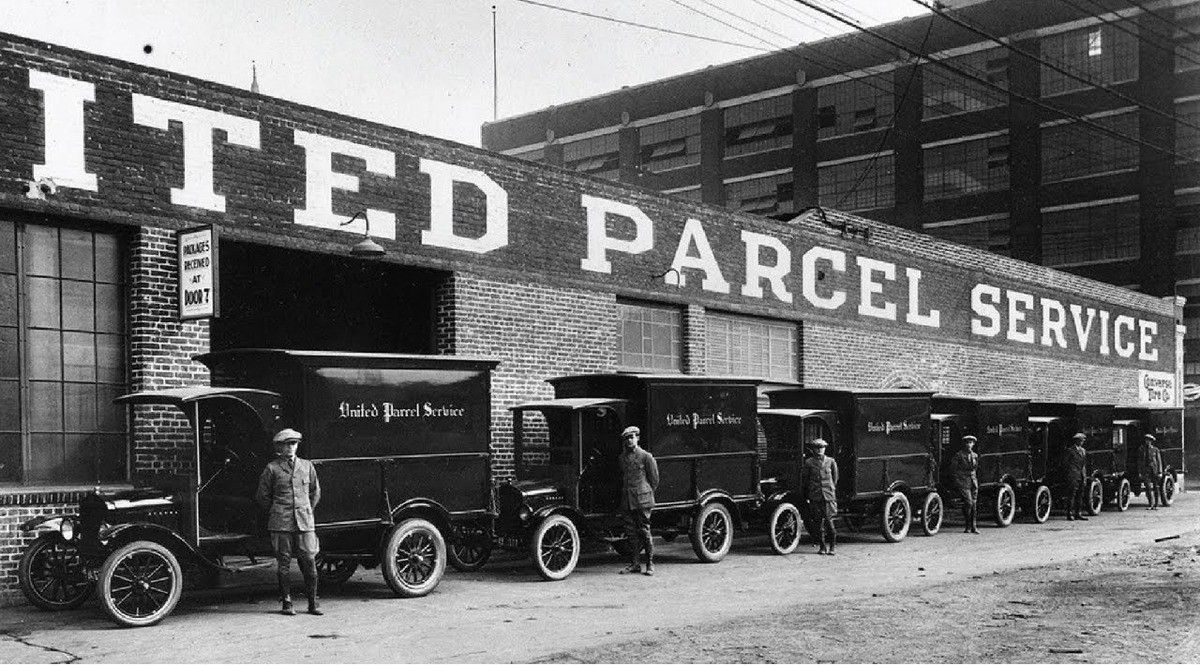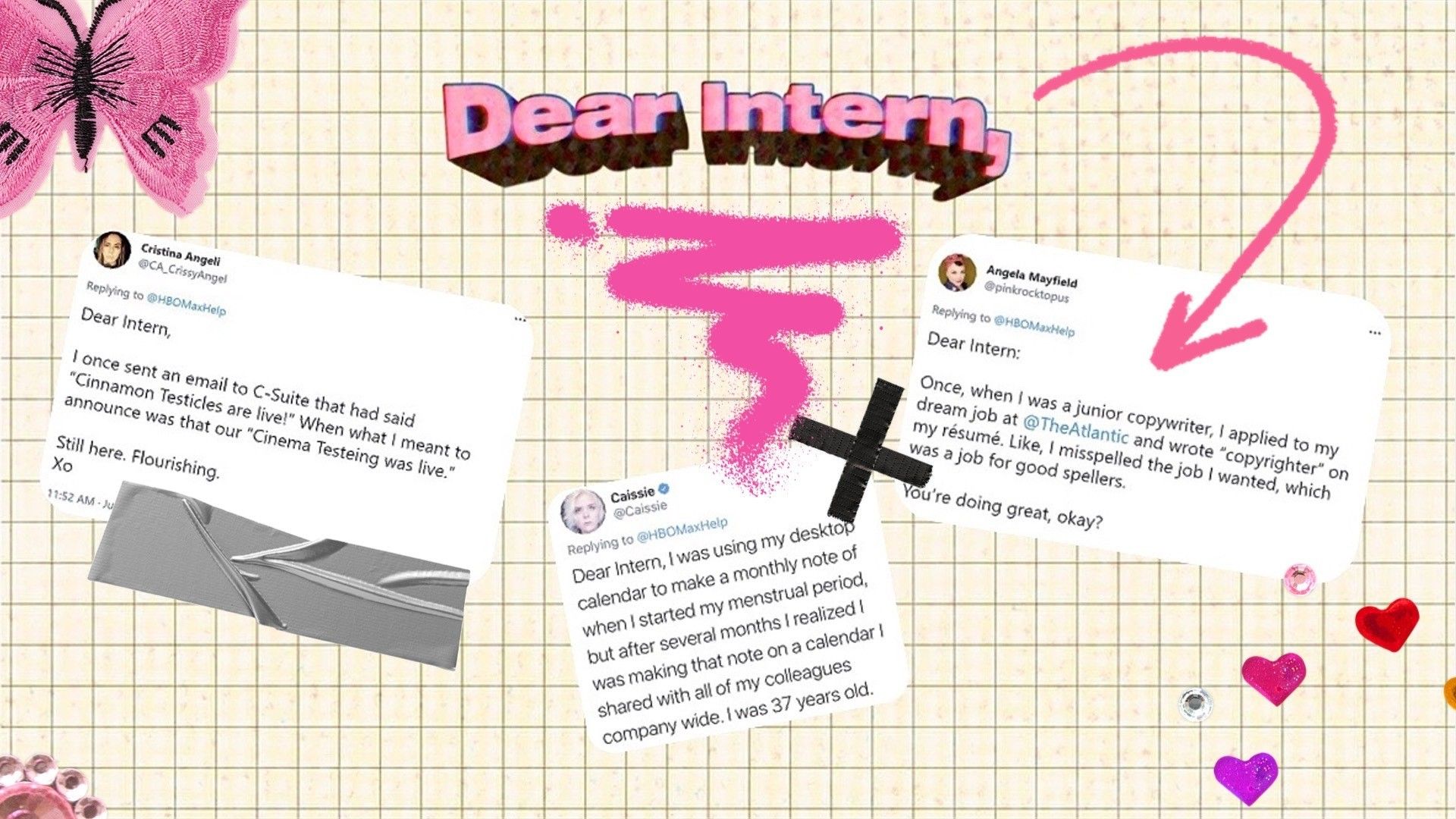
A Simple System for Guaranteeing Personal Growth at Every Stage of Life
Life is an incredible, but unpredictable, journey.
One minute we have a horrible job at company X, the other we get offered a position at company Y. Another moment we’re in a difficult personal relationship, the other we’re free to finally live the life we’ve always wanted.
For those of us with big, long-term goals that span five, ten years, or longer, it can be difficult to make consistent progress and keep track of that progress throughout such a long period of time (especially during the tough times).
For the past several years, I’ve gone through one significant transition after another. But I’ve been able to maintain a steady progress across all important areas of my life using focused goals combined with a very simple strategy for deciding that direction and tracking it.

A Simple System for Guaranteeing Personal Growth at Every Stage of Life
For changes to be of any true value, they’ve got to be lasting and consistent.
– Tony Robbins
It can be hard to maintain consistent personal growth throughout your life, but over time I’ve developed a very simple set of steps that have allowed me to do just that. In addition, this system can help you focus by offering guidance when you’re faced with multiple potential paths you can take.
Those three steps are:
1. Get clear about your goals
First, for this to work you need to get really clear about your goals. What do you want to do with your life? Absolute clarity isn’t required, but the topic is.
“I want to be a writer” is good enough for now. “I want to write thriller-themed fiction novels” would be better, but isn’t required yet if you’re still not sure exactly what kind of a writer you want to be (same goes for whatever it is you want to do). In fact, this system is especially helpful if you don’t yet have that level of clarity.
So, take some time to figure out what you want to do with your life, however much time that takes, get really clear, and set some clearly defined goals for the next several years.
2. Create your list of assets
This is where the strategy really takes shape. Next, now that you’ve defined your goals, ask yourself, “what specific assets are important in connection with my goals?”
Examples of types of assets you could develop include:
- Developing existing professional skills
- Acquiring new skills
- Connections
- Resources
- Experience for your resume
- Knowledge or wisdom
In the example from the previous step on becoming a writer, these assets would be valuable:
- Writing skill
- Storytelling ability
- Marketing knowledge and experience if you’re self-publishing, or
- Knowledge and connections from the traditional publishing industry if going traditional
- Etc…
List out every single potential asset you see as being useful in connection with achieving your goal or goals. Don’t hold back here, even if you list some assets you think might not be incredibly important, you can always revise this list later.
3. Start gathering assets
Next, it’s time to take action and start gathering those assets. Which are the most important assets for achieving your goals? Which assets will allow you to achieve your goals with the highest probability, in the least amount of time, and are useful no matter what specific direction you decide to take (if you don’t yet know)?
It’s best if you have a focus (what specific assets are most worthwhile to acquire first), but in my experience, you can’t be led astray if you’re just making sure to gather any of the assets you listed out earlier. Sometimes life throws us a curveball, but if you can keep your efforts focused on gathering the right assets you’ll make continual progress.
And the great part is, that progress often accelerates over time because your assets compound, allowing you to travel faster and more effectively once they begin stacking. For example, writing skill is great if you want to be a fiction writer, but you’ll still move pretty slowly– and not very effectively– if you don’t know how to structure an effective story. But once you have both skills? Big difference.
This “asset system” is simple, but intentionally so. With it, you can stay focused throughout your life on accomplishing the big goals that really matter to you without being led astray, especially during difficult times. So get clear about your goals, list out the assets you need, and get out there to start acquiring them to move your life forward in a positive direction.
Learn great tips in our HTML blog about web development. Learn how to implement useful features for your website!



